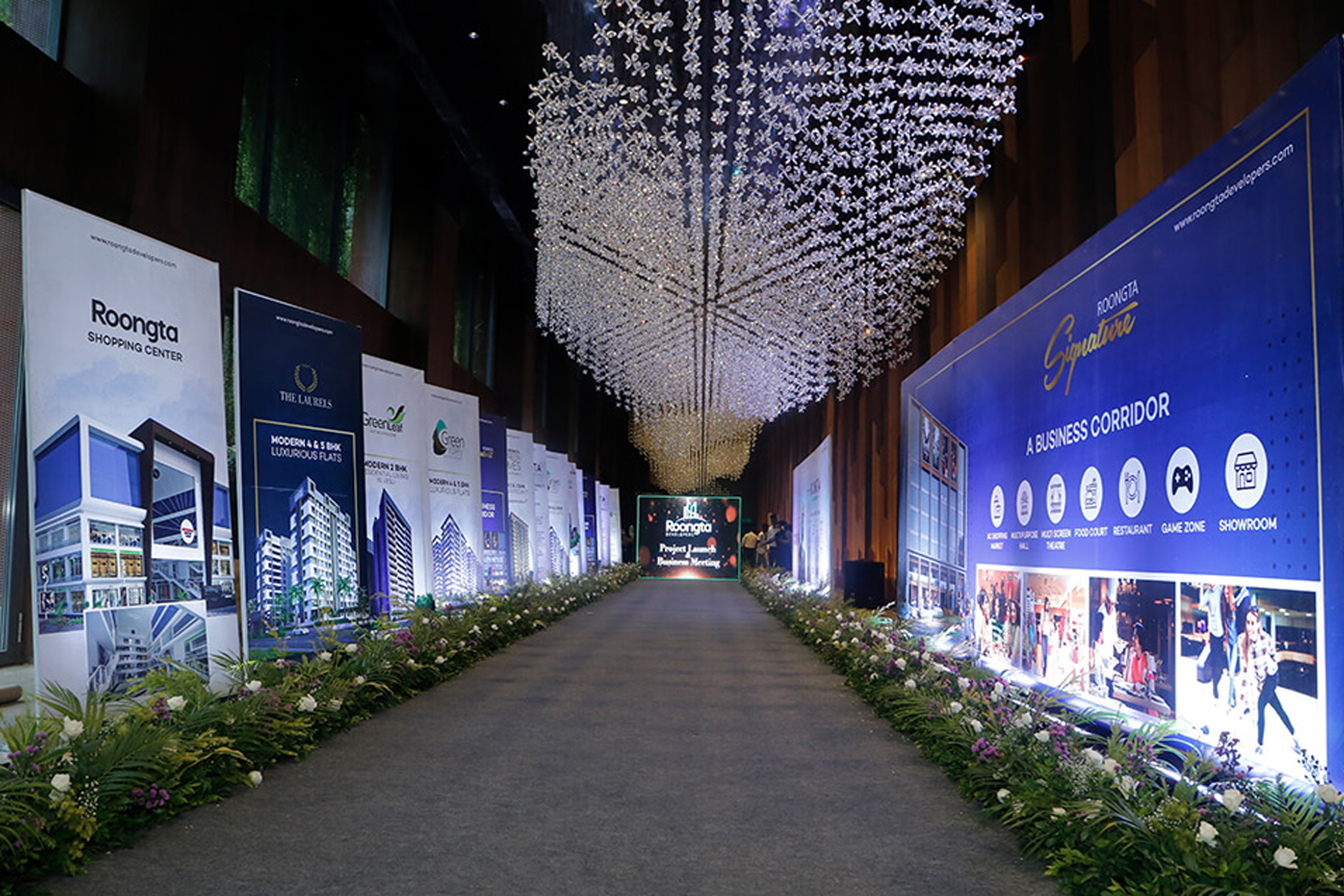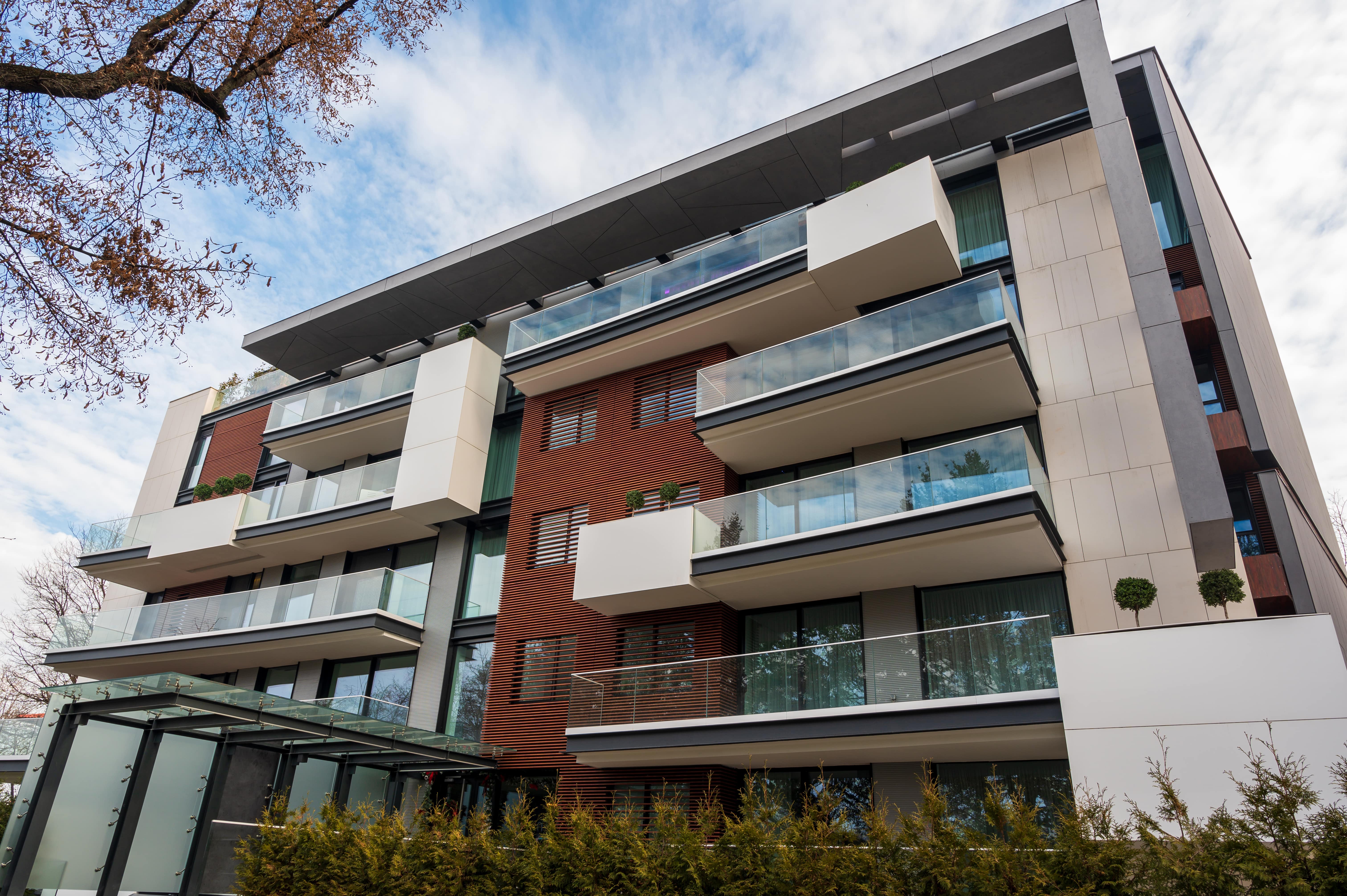
The real estate landscape is on the brink of a transformation, with technological advancements and shifting market trends poised to shape the industry over the next five years.
From the integration of AI-driven tools to changing buyer preferences, the future of real estate promises exciting innovations and challenges. In this blog post, we will explore the key trends and developments that are likely to define the real estate market in the coming years.
From the integration of AI-driven tools to changing buyer preferences, the future of real estate promises exciting innovations and challenges. In this blog post, we will explore the key trends and developments that are likely to define the real estate market in the coming years.
1. Tech-Driven Transactions
As we venture into the future, technology will play an even more significant role in real estate transactions. Virtual reality (VR) and augmented reality (AR) technologies are set to revolutionize property tours, allowing potential buyers to explore homes from the comfort of their own space. AI-powered chatbots will enhance customer service, answering inquiries and assisting in the initial stages of property searches.
The integration of blockchain technology will streamline the buying and selling process, ensuring transparency, security, and efficiency in property transactions.
2. Smart Homes and Sustainable Living
The demand for sustainable living is steadily increasing, and it's expected to shape the real estate market in the next five years. Smart homes equipped with energy-efficient appliances, automated lighting, and temperature controls are likely to be a significant selling point. Homebuyers are increasingly valuing eco-friendly features, and properties with solar panels, green roofs, and rainwater harvesting systems will gain a competitive edge.
Integrating green technologies and sustainable practices into property development will be crucial to attracting environmentally conscious buyers.
3. Urbanization and Co-living Spaces
Rapid urbanization is a global trend that will continue to impact real estate dynamics. As cities become more populated, there will be a growing demand for co-living spaces and micro-apartments. These communal living arrangements offer cost-effective solutions and foster a sense of community among residents. Developers will need to adapt to these changing preferences by designing innovative, space-efficient layouts that cater to the needs of urban dwellers.
4. Remote Work and Home Office Flexibility
The COVID-19 pandemic has reshaped the way we work, and its effects are likely to linger in the real estate sector. Remote work has become a mainstream option, prompting a shift in homebuyers' priorities. The next five years will witness an increased emphasis on home office spaces, with dedicated areas for work and video conferencing becoming essential features in homes.
Real estate agents and developers should highlight properties with versatile spaces that can accommodate remote work setups.
5. Generation Z Enters the Market
As millennials continue to make up a significant portion of homebuyers, Generation Z will also begin entering the real estate market over the next five years. This tech-savvy generation will have distinct preferences, favoring properties that offer integrated technology, proximity to urban centers, and flexible living arrangements.
Real estate professionals should tailor their marketing strategies to appeal to this new wave of buyers, emphasizing the tech-friendly features and lifestyle benefits of properties.
6. Rise of Secondary and Suburban Markets
The future of real estate will likely witness a surge in demand for properties in secondary and suburban markets. As urban areas become more congested and expensive, homebuyers will explore options outside city centers. Suburbs and smaller towns will offer more affordable housing and spacious environments, appealing to families and individuals seeking a balance between urban conveniences and suburban tranquility.
Conclusion
The next five years are poised to bring transformative changes to the real estate industry. Technology will revolutionize transactions, sustainable living will take center stage, and the preferences of new generations will reshape the market. As remote work becomes more common, home office flexibility will be a sought-after feature. Suburban and secondary markets will also experience increased demand as urbanization continues.
By staying attuned to these trends and embracing innovation, real estate professionals can position themselves for success in this dynamic landscape. As we look ahead, the future of real estate is full of possibilities, and those who adapt will thrive in the changing times.
RECOMMENDED FOR
YOU
Redefining Growth: What Sets Roongta Developers Apart as Surat's Fastest Growing Real Estate Company











